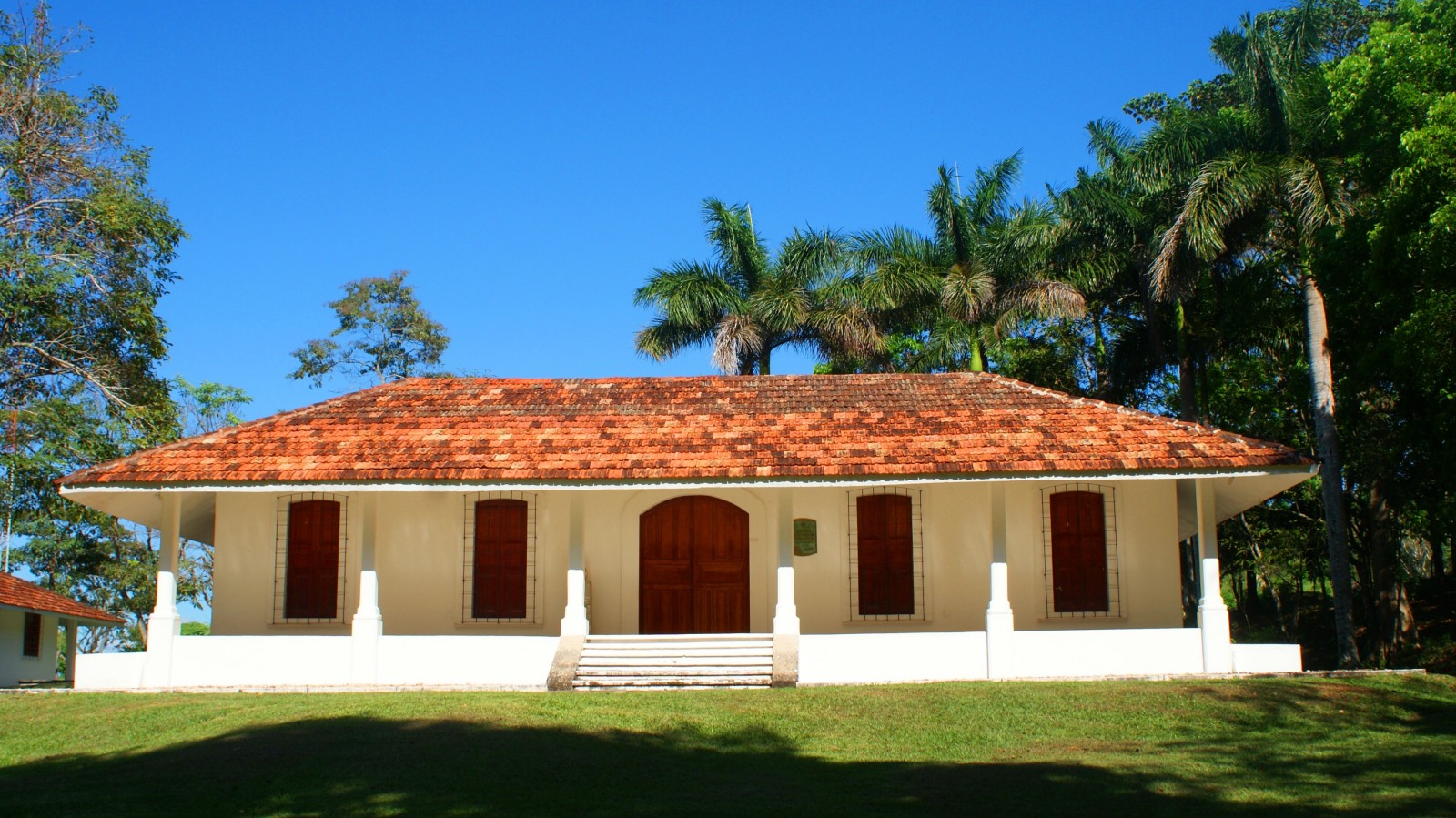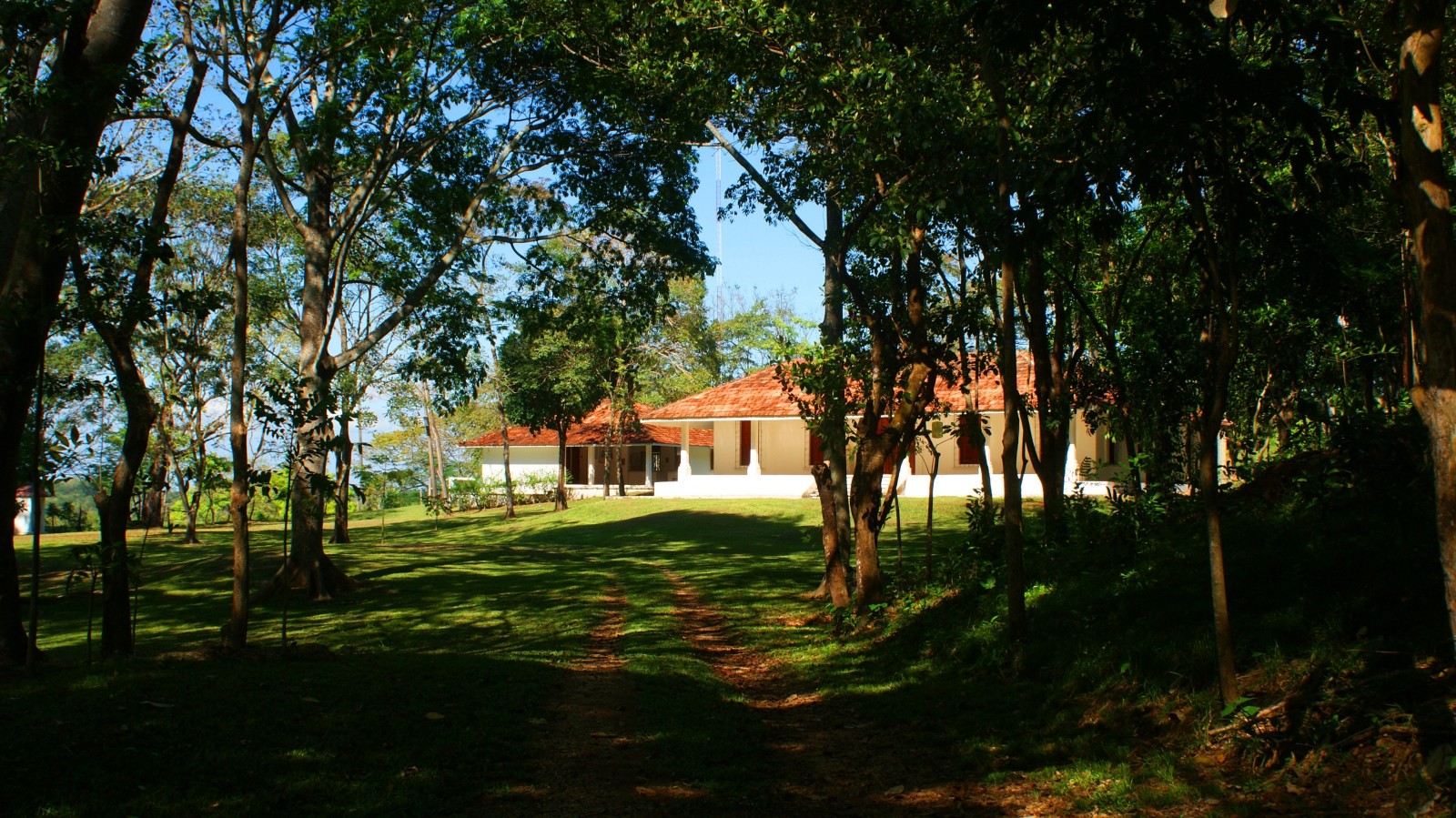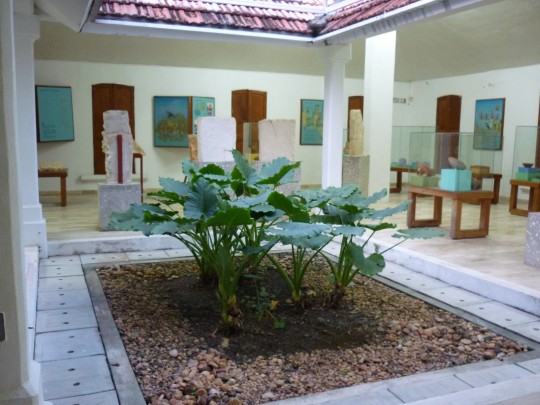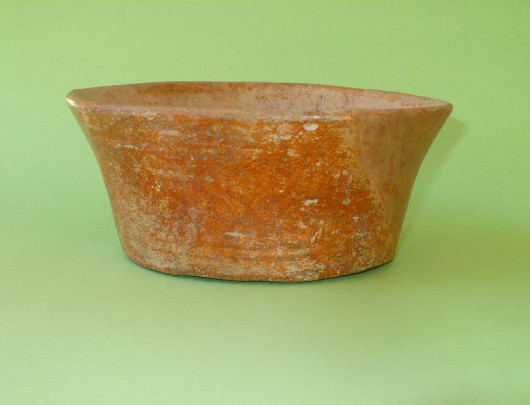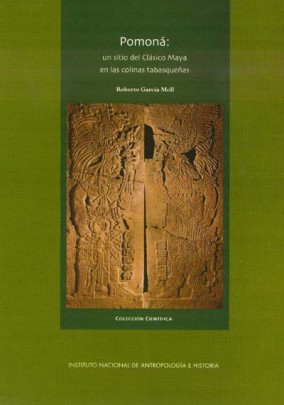Museo de Sitio de Pomoná
Important Maya trading city on a tributary of the river Usumacinta 14 centuries ago. Allied to Palenque, it was defeated by its neighbours. A spread-out city, with airy temples built on adjacent hilltops. This rich museum exhibits the treasures found in the digs.
About the museum
The Pomona site museum is situated inside the archaeological site of the same name. Its importance is the results of the excavations, consolidation work and analysis of the material of Pomona’s Complex I, which provided the material necessary to establish the museum, which opened in 1991. Its collection has resulted from three field excavation seasons from 1986 to 1988 carried out by the archeologist Roberto García Moll, in addition to an important private collection coming from the region surrounding the Municipality of Tenosique in Tabasco.
The museum building is on the pattern of a traditional Tabascan house with an inner patio covered by a Marseilles tiled hip roof. The interior and the main doors have smooth columns, which give a clear view of the whole area. It has one exhibition gallery.
The objects are shown in 19 display cases and 12 plinths showing pieces of ceramic such as earthenware pots, cups, plates, figurines and jars as well as stone items, metates and hand-held grinding stones (metlapillis), grinders, green stone axes, flint knives, serpentine hatchets, flint eccentrics, items from limestone, as well as various tablets with glyphic inscriptions.
The importance of the Pomona site rests on its geographical location, as a contact zone between the plains and mountain ecosystems, making it a key site for studying the social adaptation and development capacity of the Maya of the classic period. Their consolidated way of living was reflected in the archeological materials, which encouraged their socio-political development over the territory.
Pomona is notable for its contribution to Mayan history, as can be seen from the number of important monuments with inscriptions recounting its political relations with the great Mayan states of the period, such as Palenque and Piedras Negras.
The museum building is on the pattern of a traditional Tabascan house with an inner patio covered by a Marseilles tiled hip roof. The interior and the main doors have smooth columns, which give a clear view of the whole area. It has one exhibition gallery.
The objects are shown in 19 display cases and 12 plinths showing pieces of ceramic such as earthenware pots, cups, plates, figurines and jars as well as stone items, metates and hand-held grinding stones (metlapillis), grinders, green stone axes, flint knives, serpentine hatchets, flint eccentrics, items from limestone, as well as various tablets with glyphic inscriptions.
The importance of the Pomona site rests on its geographical location, as a contact zone between the plains and mountain ecosystems, making it a key site for studying the social adaptation and development capacity of the Maya of the classic period. Their consolidated way of living was reflected in the archeological materials, which encouraged their socio-political development over the territory.
Pomona is notable for its contribution to Mayan history, as can be seen from the number of important monuments with inscriptions recounting its political relations with the great Mayan states of the period, such as Palenque and Piedras Negras.
August 1991
Practical information
Monday to Sunday from 08:00 to 17:00 hrs. Last entry 16:00 hrs.
Included in the entrance to the Archeological Site
Ejido Pomoná, 2da. sección.
Zona Arqueológica de Pomoná, C.P. 86901
Tenosique de Pino Suárez, Tabasco, México.
Zona Arqueológica de Pomoná, C.P. 86901
Tenosique de Pino Suárez, Tabasco, México.
From Villahermosa or Tabasco, take Federal Highway 186 towards Escárcega, and at kilometer 148 continue on the state road 203 that leads to Tenosique, Tabasco. At km 45 take the turn off and carry on for 2 km to the Pomoná archeological site.
Services
-
+52 (993) 352 10 22
-
This email address is being protected from spambots. You need JavaScript enabled to view it.
Directory
Encargada
Prisilia Janeth Lagunes Celis
This email address is being protected from spambots. You need JavaScript enabled to view it.

